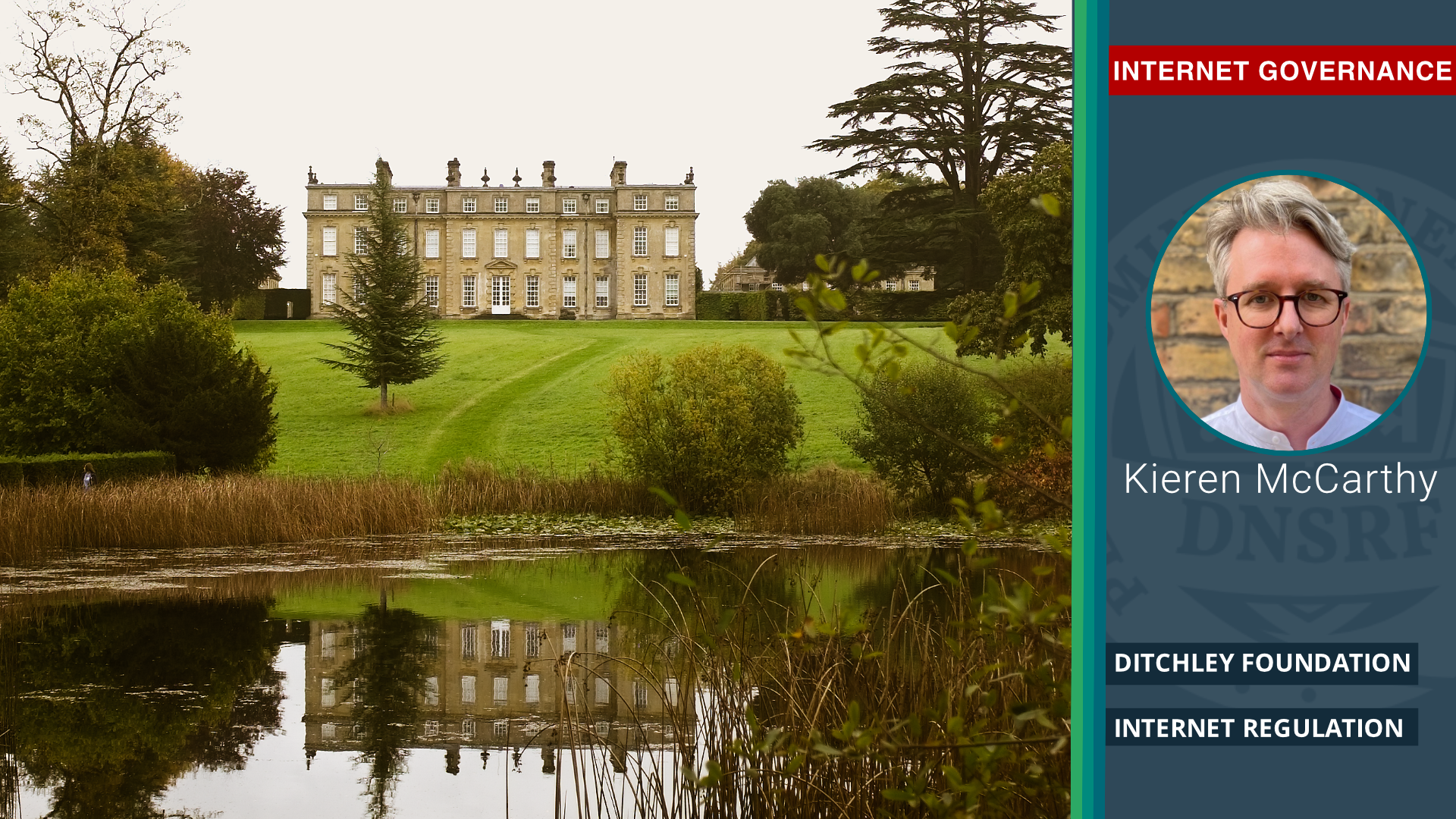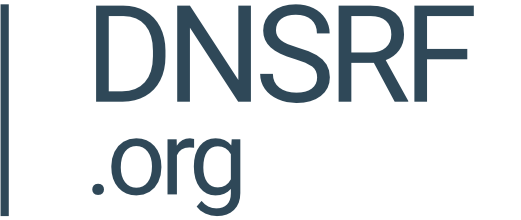Taking a step back to consider the best way forward on Internet governance.

By Kieren McCarthy
Last month, DNSRF collaborated with the Ditchley Foundation to carry out a two-day deep think about Internet governance and what the best path forward for the future would be.
The event brought together a broad range of senior representatives from government, industry, academia and the technical community to consider where the Internet is in terms of how it is governed, and what could or should be done for the next 20 years.
For those who don’t know, or have never heard of, the Ditchley Foundation, very briefly, it is a unique organisation that considers global issues and uses the English country house in Ditchley Park in Oxfordshire as a retreat so attendees can focus on the topic in hand.
The venue has been used by Kings, Queens and Prime Ministers going back centuries and the house and its gardens are an attraction in themselves. You can find out more at https://www.ditchley.com/.
Part of Ditchley’s approach, as with the better known Chatham House, is that what is discussed there can be communicated publicly but cannot be attributed to the person or the organisation they represent - the idea being that it encourages greater openness and honesty. So this report will adopt that approach.
What was discussed?
There were two days of discussions which started early in the morning and ran into the evening, with food (and coffee) provided. It opened with a discussion about whether the Internet was broken and the dream of the 1990s was effectively over. That was followed by what was called an Internet governance “report card” i.e. what’s the current state of Internet governance and how are we doing?
The larger idea of the meeting is to reach a forward-looking place, so two groups were created to look at two different but complimentary aspects: the Internet that we want in 20 years; and how to strengthen Internet governance. The groups spent several hours discussing this on the first evening and then picked up again the next morning looking before reporting back to the group as a whole.
A last session was held bringing it all together, with a focus on what concrete steps could be taken to reach the generally agreed goals. And then, finally, a summing up of the two days and an outline for the best way forward - which was later presented to the wider world outside Ditchley over Zoom
What was the upshot?
When it comes to the Internet, the broad consensus was that the Internet has been extraordinarily successful at achieving the goals that were set for it in the early days of its adoption across the globe.
The Internet has managed to connect billions of people in a way and at a speed that was unfathomable previously, and done so at a low cost to the average user. It has been a massive boon to commerce, and has grown and expanded at an incredible rate. The fact that it withstood the massive increase in use that came as a result of the pandemic between 2020-2022 is testament to its design and organisation.
However, while the technical layers of the Internet have functioned well and governance of them has held up, there has been growing fragmentation of the Internet in general, driven in large part by the content delivered over the Internet, particularly at the application layer. The organisations we most closely associate with Internet Governance (with a capital “G”) are largely technical in nature and have consciously steered clear of content issues.
There is a broad range of other organisations, who vary from regional bodies to stakeholder groups to global governments, who address issues surrounding the Internet but who can’t be seen specifically as Internet governance groups and that in itself is a problem that leads to questions over transparency and accountability. For the Internet user, if they have an issue or question or wish to report something, the question is: who do they go to?
Related to that is the issue of Internet fragmentation: where the single, global, interoperable Internet is under threat due to different countries and regions adopting different solutions for what they perceive to be their best interests.
Interoperability: the key foundation
There was a general pessimism about the direction of the world currently, particularly the likelihood of large-scale conflict, which made it all the more important to keep the architecture of the Internet interoperable. That is the baseline from which every Internet governance effort should start, so that even if countries or regions stepped away from the global Internet in the short term, there would remain an opportunity to rejoin if circumstances change.
While the technical Internet governance bodies have broadly done a good job within their remit, there are issues that need to be addressed. The collapse of Afrinic, as one example, has illustrated flaws in governance structures. ICANN was seen to have ossified processes that limit its agility. The IETF was seen as having barriers to entry that limit diversity. There is a broader need across Internet governance to involve other stakeholders, especially from the Global South.
External communication is insufficient across technical organisations and there would be real value in them working together to present a coordinated voice. There is space for greater leadership. The sense from the outside is that the tech community too often act like “philosopher kings” rather than acknowledge and respond to concerns and seek to engage other organisations and spheres of influence in addressing issues.
In many cases, problems that develop within Internet governance are not unique. Existing law can be used to guide discussions, processes and solutions. The knowledge and understanding of those laws, and how they were developed, would prove useful to tackling “new” issues thrown up by the Internet.
Internet Governance organisations may also benefit from exposure to the real-world impact of the Internet on people, such as abuse, online scams, bullying and so on, in order to more fully understand the external pressures for change.
There is a lack of pro-active multi-stakeholder initiatives to address the various gaps that exist in Internet governance. In contrast, multilateral fora such as the ITU, Global Digital Compact (GDC) and the United Nations’ OEWG (Open Ended Working Group) have repeatedly been on the front foot in initiating processes to look into these issues.
That said, the traditional Internet governance organisations have some notable strengths: they have proven hard to control or influence, and have gained a sense of legitimacy through steady work well done. There was also recognition of the value of small, task-orientated groups that can make progress on difficult issues.
Pragmatic paths forward
Having considered a range of ways to improve Internet governance approaches, including the potential for new multistakeholder processes or organisations, it was broadly agreed that the Internet Governance Forum (IGF) represents the most pragmatic answer as an organisation that already exists, is widely recognised, and has proved sufficiently flexible to address Internet issues.
The IGF is also due to be reviewed next year (2025) as part of the WSIS+20 process and that, it was felt, is as good an opportunity as any to take these issues forward and look for improvements for the future. It was noted however that there is not a long time (9 months) to build a sense of energy and momentum, and greater coordination around WSIS+20 in particular should be a goal. Such an effort would likely require a small team of dedicated full-time staff to be effective.
Several IGF-specific issues were also discussed. The organisation’s funding in particular has long been an unhelpful constraint, and a clearer, simpler, more long-term mechanism would be beneficial.
It’s not just money. Both Western governments and umbrella technical bodies like ICANN and ISOC were seen as failing to put sufficient emphasis or resources into the bigger Internet governance picture. There needs to be greater representation of different groups and sectors at all levels, as well as greater awareness of issues, and greater coordination between them. It would also be useful to recognise where multistakeholder organisations and processes are of most value and, conversely, where they are not.
There is a wider movement toward a multi-polar world and being clear-eyed about what multistakeholderism can achieve, and where it can achieve it, will be key to preserving it.


